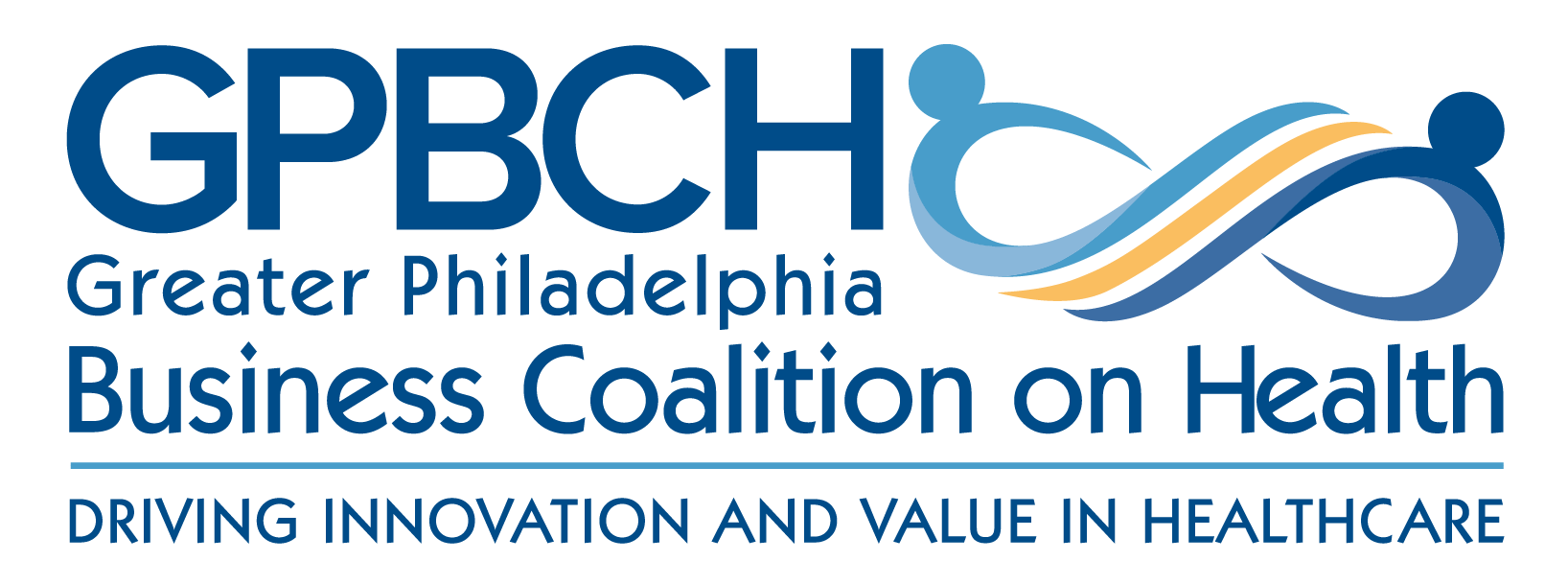
A Philly-Flavored Look at Value in Health Benefits

At the 2023 Greater Philadelphia Business Coalition on Health annual conference, a panel of employers shared their advice on incorporating the principles of value into health benefits.
At the 2023 Greater Philadelphia Business Coalition on Health (GPBCH) annual conference, a panel of employers shared their advice on incorporating the principles of value into their health benefits, including the need to meet employees where they’re at and make it easy for them to choose high-value care.
Mike Thompson, CEO of the National Alliance of Healthcare Purchaser Coalitions, kicked off the discussion by sharing some ideas that the audience could bring back to their organizations and turn into action. The main threats to affordability—drug prices, high-cost claims, and hospital prices—also represent opportunities, he said, and they are particularly important in Philadelphia, where hospital facility charges can vary substantially.
He recommended exploring the National Alliance’s playbooks on aligning with pharmacy benefit managers and getting to a fair price. He also shared his opinion that a focus on whole-person health is key, because siloing the components of health is ineffective.
“What works is to understand who your people are, what they need, and get it to them,” he said, “and that’s not just physically, it’s emotionally and socially.”
The panel of benefits experts from 3 Philadelphia-based employers then shared their reactions to Thompson’s tips. James Startare, vice president of benefits at Aramark, noted that the food service company’s approach to high-cost claims involves care advocacy and care navigation. Partnering with the right vendors is also important for making sure the purchaser has a seat at the table.
Maureen Clancy, senior director of total rewards at Comcast NBCUniversal, added that companies can’t sit back and wait to focus on value, but instead need to make sure their employees know what benefits they have access to, such as mental health benefits with zero cost sharing.
“We’ve also been focusing a lot on educating our employees about the breadth of benefits that we have, so before we can ask them what they need, we want to make sure that they understand what they have,” she said.
Unlike these 2 companies, the city of Philadelphia’s benefits decisions have the added complexity of being political, noted Marsha Greene-Jones, the deputy director of human resources for the city. By listening to city employees, she’s learned that financial wellness is a priority for them, so she advised employers to “ask difficult questions and be ready for the answer, and sometimes that answer’s what you want to hear.”
Returning to the theme of meeting people where they’re at, Clancy added that her company has seen success from offering listening sessions and benefit education seminars in the evening so it’s easier for employees and their dependents to attend.
In response to the
Discussing takeaways from the daylong meeting, each of the panelists mentioned the importance of getting involved and making connections with other employers through groups like GPBCH.
“Learn about what the other employers are doing, particularly in some of the larger ones, where we’ve stubbed our toe or scraped our knee and we can help you avoid some of that pain,” Clancy suggested.
Even beyond employers, building relationships with health care professionals can help inform benefits decisions and keep employers on the forefront of what’s happening in the value space, Greene-Jones said.
Startare advised the audience not to get discouraged if a particular initiative doesn’t get the desired results; they’ll simply have to hang in there and try a different approach, because the cost pressures in the status quo are unsustainable.
Health care costs are “systematic problems that are beyond belief, that can be hard for anyone of us to do, and you can’t get it done without being part of a coalition and working together,” Thompson concluded.
Newsletter
Stay ahead of policy, cost, and value—subscribe to AJMC for expert insights at the intersection of clinical care and health economics.









